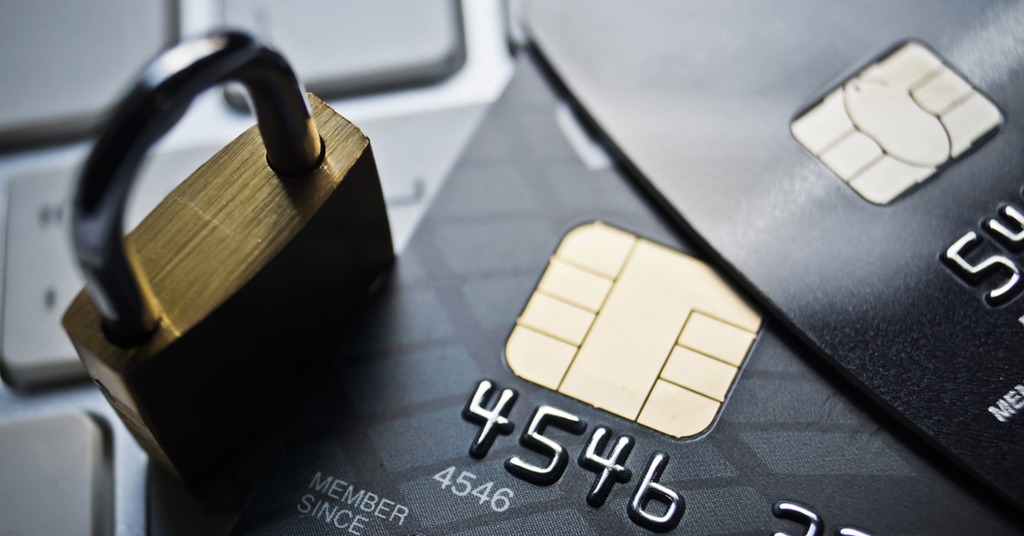How to protect yourself from a skillful scam like Paid4clout?

Paid4clout: scam has no name. Source: shutterstock.com
Once we wrote about the infamous “#1 influencer network” Clout Pay that offers ridiculously good profits for virtually nothing. Afterwards, it changed the name to Paid4Clout and its URL to paid4clout.com as if it could change its fraudulent nature.
Obviously, the day has come to pay all its users the promised fortune, so the “chameleon” changed its color again. The previously known names include at least Clout Bucks, but who knows what other masks have the phishing scheme already tried out?

CloutPay now redirects to Paid4Clout
The main problem is that there are still thousands of people ready to fall for the beautiful promises and loud words. How to protect yourself from a skillful scam in the digital world? Check these few simple pieces of advice.
How to protect yourself from scams like Paid4clout
- Be skeptical. Things that look incredulous often are ones. Money is rarely “easy”. It’s not that you can’t earn money by clicking links and taking part in some surveys. Sometimes you can but in very modest amounts. Question every website or ad that states otherwise. Don’t blindly believe “real users’ reviews and recommendations”. Think critically.
- Check the online safety. As far as surfing the web goes, it’s nice to see the security icon – a green padlock – in the address bar. The only way to get the green padlock is to have an SSL certificate properly installed on your website. It means that the information contained is securely encrypted. Never enter your personal data at a website that doesn’t have this vital sign, especially when it asks for your banking details. Basically, any information shared online in forms, any logins, and passwords, or payment information can be stolen if it’s not secure.
- Double-check the security. Double-click the lock icon to display the security certificate for the site. The name following “Issued to:” should match the site you are on. If the name differs, you may be on a fake phishing site that looks like a legitimate one. If you have doubts, play on the safe side, and leave the website or link.
- Review your credit card and bank statements as soon as you receive them to check for unauthorized charges. Make it a habit, even if you use only trusted e-commerce platforms and websites. As you know, even worldwide social networks have breaches of security from time to time.

Review your credit card and bank statements as soon as you receive them. Source: shutterstock.com
- Report suspected abuses of your personal information to the proper authorities. This way, you may help other victims of the scam and prevent it from spreading.
- Be serious with your antivirus software. It should be always updated to the latest version. Don’t forget to renew your license or check your connected devices. Don’t open the websites labeled as “suspicious” unless you’re 100% sure they’re safe.
- Check the website’s history, contact information, etc. Verify some claims. For instance, Clout Pay and its clones say they’re somewhere on the Forbes list. Don’t be lazy and go to the official site to find out the truth. You can also check if the given legal address exists or if the support line works at all.
- Limit what you share online. Make clear boundaries about which information you’re comfortable sharing with strangers. Even when it seems confidential, you never know. The less you share about yourself, the smaller the target you are for a phishing attack.
- Google it. Don’t believe the website itself, look for external mentions as well. Google should show a lot of valuable and credible results.
- Filter the buzz. Remember that numerous comments don’t necessarily mean a great number of real people involved. For example, a New York Times investigation recently revealed that 15% of Twitter users were likely automated accounts designed to simulate real people. Bots’ presence can be traced by too much positive/negative expressed (depending on their purpose); absence of specifics; typical comments; quick growth of comment numbers needed to create the hype.
SEE ALSO:








